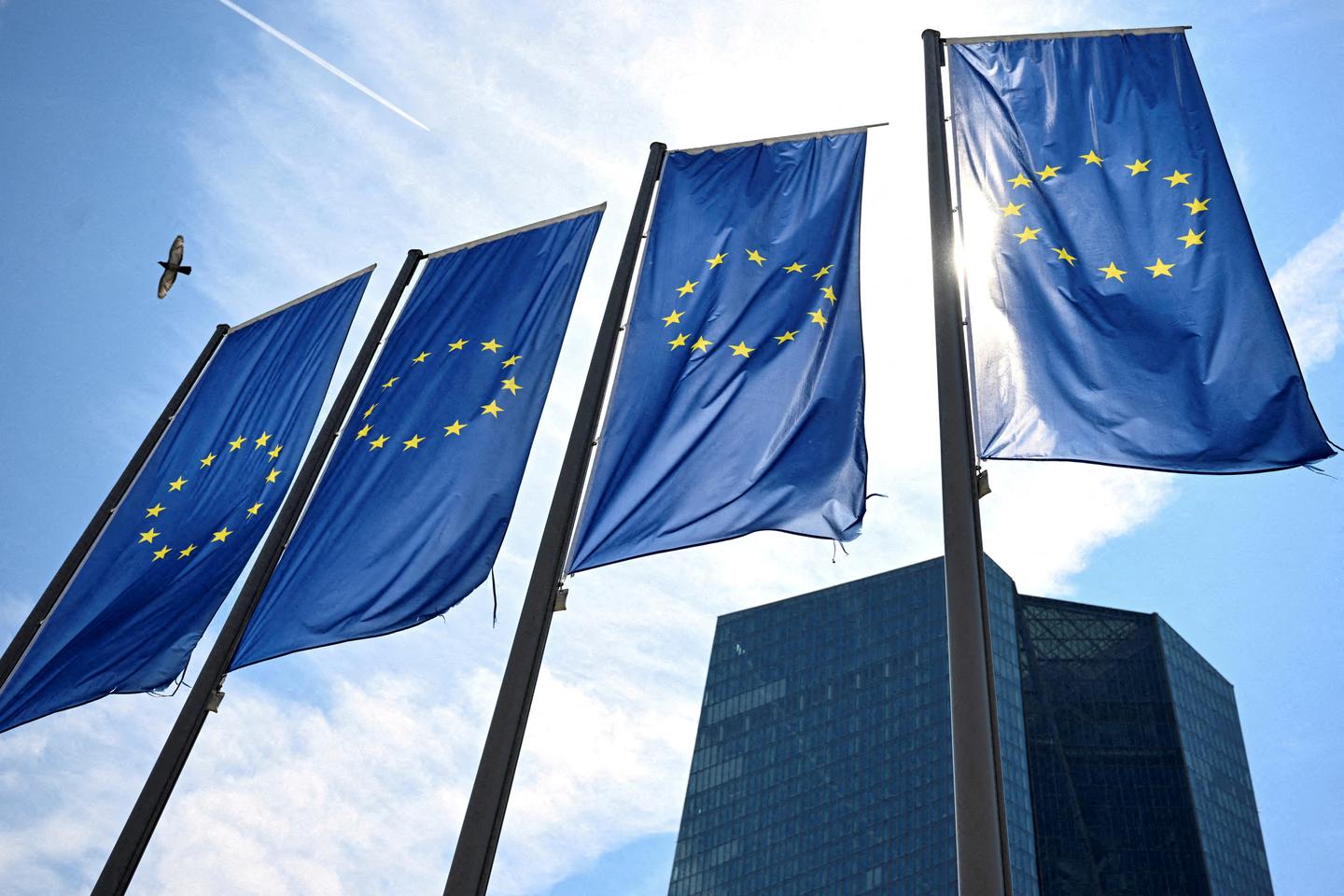


On September 12, 1950, at a meeting with his French and British counterparts, US Secretary of State Dean Acheson [from 1949 to 1953 in the Truman administration] declared, "I want Germans in uniform by autumn 1951." Five years after the defeat of Nazism and the end of the Second World War!
In fact, a European army – with Germans in uniform – was indeed established... on paper: according to the military protocol appended to the treaty of the European Defense Community signed in 1952, this army was supposed to be made up of land forces (infantry force of 13,000 to 15,600 men, armored force of 12,700 to 14,600 men, mechanized force of 12,700 to 14,700 men), plus air forces (1,300 to 2,000 men) and naval forces. The European Defense Community was to be accompanied by a European Political Community. Its failure in 1954 would lead to the failure of political integration.
Why this reminder? To ask a question that is probably not asked enough in Europe today: Why has such a European army never existed? If you listen to current political debates, you'll hear a lot about defense spending as a percentage of gross domestic product (GDP), arms funding, support for the military industry... But is there no "military Europe" because 1% or 2% of GDP is missing? Of course not.
What is the diagnosis? There is no European army because there is no supreme command of European forces obeying the European Union's (EU) integrated, federal foreign policy. In other words, this is more of a political than a military problem. The issue is not so much equipping ourselves with an instrument as with a common strategic vision transcending that of the member states. This problem has never been solved and is clearly not about to be. How can this be explained? Has nothing been achieved in three-quarters of a century?
A 'fragmented' EU
It's true that since the Maastricht Treaty (1992) and following the collapse of the Soviet Union (1991) the EU has been trying to establish a common defense policy. Today, the Treaty on European Union institutes a "common security and defense policy" which includes the "progressive framing of a common defense policy [which] will lead to a common defence, when the European Council, acting unanimously, so decides" (article 42). One can never be too careful...
You have 58.51% of this article left to read. The rest is for subscribers only.
